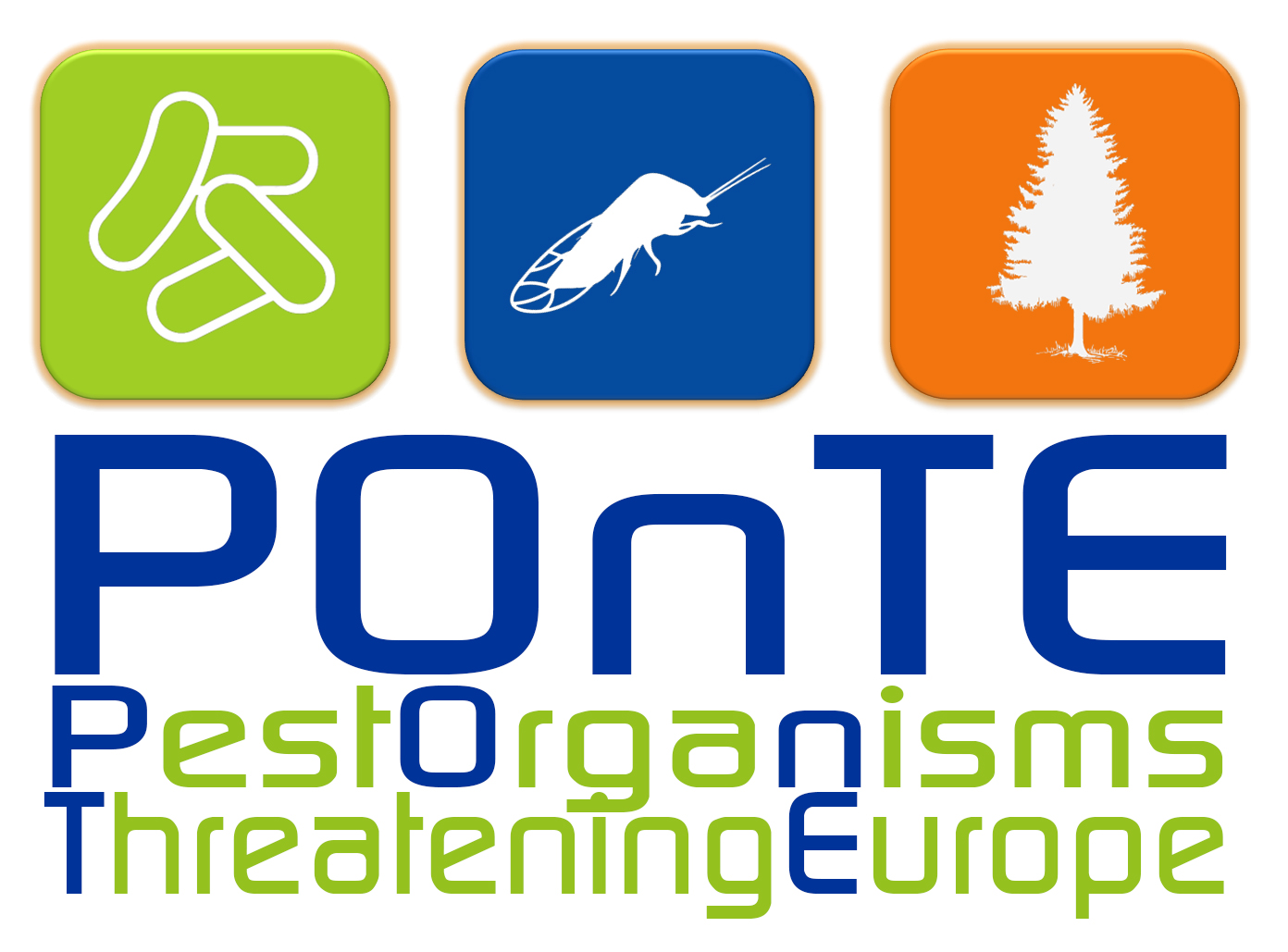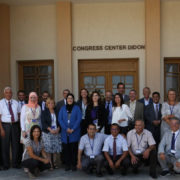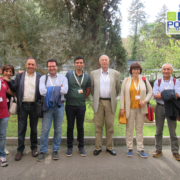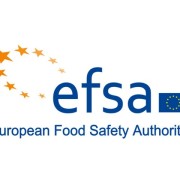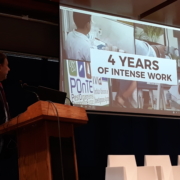A metagenomic investigation of the microbiome of Xylella fastidiosa-infected olives
Authors: A. Giampetruzzi, M. Saponari, G. D’Attoma, M. Morelli, M. Chiumenti, D. Boscia, P. Saldarelli
Type of contribution: Conference Abstract | Oral Presentation
Conference: 22th Congress of the Italian Society of Plant Pathology, 19-22 September 2016, Roma (Italy)
Keywords: Xylella fastidiosa, Metagenomics, Microbiome
Corresponding author: P. Saldarelli (CNR-IPSP)
Abstract
Following the introduction and establishment of the plant pathogenic bacterium Xylella fastidiosa (Xf) in the Apulia Region (southern Italy), olive turned to be the main host of the Salentinian bacterial strain and the majorly devastated crop. The mechanism of pathogenicity of Xf is still not completely understood and no means to cure the bacterium in the infected plants are available yet. Nevertheless, the alteration of microbial communities and effects in the expression of symptoms of Xf-infected plants is poorly studied.
We are investigating the microbiome of Xf-infected olives by a shotgun metagenomic DNA sequencing approach that avoids the limitations of amplicon sequencing. Data obtained (28,333,924 and 29,096,610 reads from Xf-infected and healthy plants) were analyzed by MetaPhlAn, a metagenomic abundance estimation tool which maps reads to a set of selected marker sequences. Libraries from xylem tissues revealed a complex community in which small symbiotic bacteria of insects, i.e. Candidatus Zinderia insecticola and Candidatus Carsonella ruddii represented the 31% and 22% of the total population.
Xf reaches in infected plants the 12% of the total microbial community. Studies are ongoing to characterize the microbial communities in the xylem sap of tolerant and susceptible olive cultivars, to envisage a control strategy based on the manipulation of these resident communities and to identify endosymbiont(s) which may be used to reduce the severity of symptoms. To this end, the evaluation of an endosymbiont bacterium for its potential to colonize Xf-infected olive tissues is underway.
